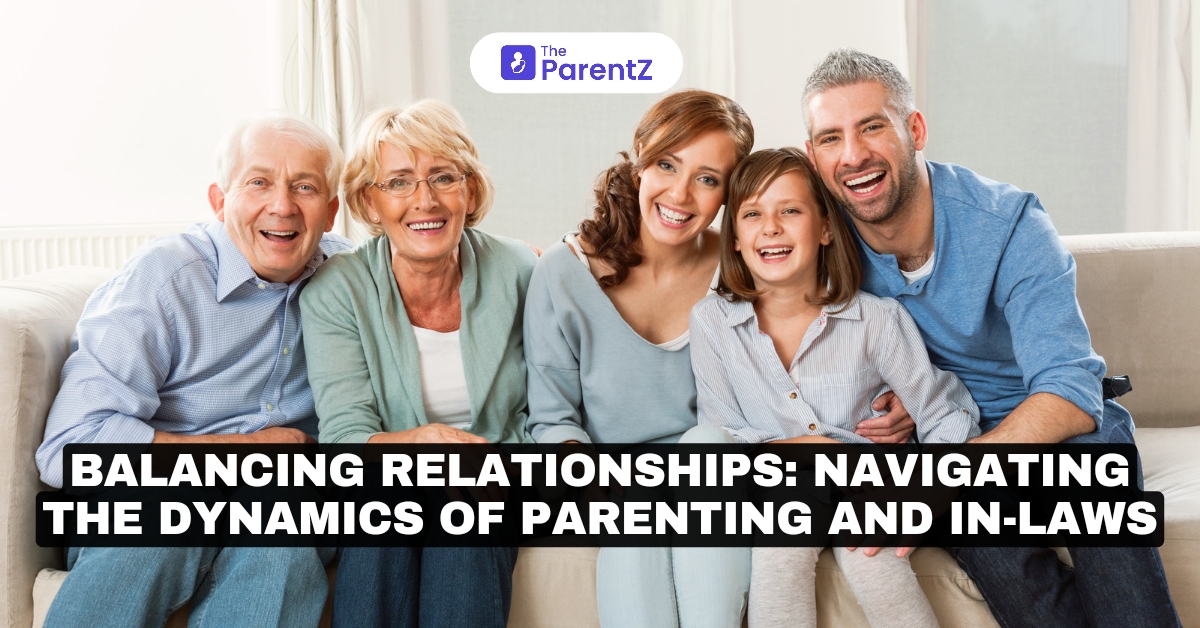The relationship between parents and in-laws can often be a delicate balancing act. While the intention is usually rooted in love and care for the child, navigating these complexities can be challenging. This blog post aims to understand the issues that can arise in these relationships thoroughly, the reasons behind them, and practical tips for maintaining a healthy dynamic.
The Psychological Landscape
In-law relationships often reflect deeper familial dynamics and cultural expectations. Many individuals enter marriage with preconceived notions about their in-laws, influenced by societal stereotypes and personal experiences. This can lead to unrealistic expectations and, at times, a lack of empathy. For instance, a partner may feel torn between their loyalty to their parents and their spouse, creating an internal conflict that can strain the marriage.
Moreover, the psychological concept of "family of origin" plays a significant role. Each partner brings their own family dynamics into the marriage, which can clash with the other's. This can manifest in various ways, such as differing parenting styles, communication methods, and even holiday traditions. Recognizing these differences is the first step toward establishing a constructive dialogue.
Common Issues Faced by Parents
- Boundary Conflicts: One of the most prevalent issues involves boundary setting. Parents often struggle with their in-laws' expectations regarding involvement in their children's lives. For example, grandparents may desire frequent visits or input in parenting decisions, which can feel intrusive to the parents.
- Communication Breakdowns: Miscommunication leads to misunderstandings and resentment. Parents may feel that their in-laws do not respect their parenting choices, while in-laws may perceive parents as dismissive of their wisdom and experience.
- Emotional Stress: Interactions with in-laws can sometimes lead to emotional exhaustion. Parents may feel overwhelmed by constant criticism or unsolicited advice, which can affect their mental health and, ultimately, their parenting.
- Loyalty Conflicts: Partners may find themselves in a difficult position when their spouse expresses dissatisfaction with their in-laws. This can create tension, as the partner may feel pressured to defend their parents, leading to feelings of isolation for the spouse.
Tips for Managing Relationships and Setting Boundaries
- Open Communication: Establish honest communication with your in-laws. Share your feelings and concerns calmly and respectfully.
- Clear Expectations: Clearly define your boundaries and expectations regarding parenting, visitation, and involvement in your child's life.
- Active Listening: Practice listening to understand your in-laws' perspectives and concerns. This can help foster empathy and respect.
- Seek Support: Don't hesitate to seek support from your partner, friends, or a therapist. Talking about your experiences can help you cope and find solutions.
- Expect Pushback: Be prepared for resistance when establishing new boundaries. Change can be difficult, especially for families accustomed to certain dynamics. Approach these conversations with patience and a willingness to listen.
The Impact on Children
The ultimate goal of navigating these relationships is the well-being of the child. The constant tension between parents and in-laws can create an unhealthy environment that affects the child's emotional and psychological development. Children are perceptive and can sense familial discord, which often leads to anxiety or behavioral issues.
Conclusion
Navigating the complexities of parenting and in-laws can be a demanding task. However, it is possible to maintain a positive and respectful relationship by understanding the underlying issues, practicing open communication, and setting healthy boundaries. Remember, the well-being of your child is paramount. You can build lasting connections that benefit everyone involved by fostering a healthy environment and prioritizing their needs and happiness.





Be the first one to comment on this story.